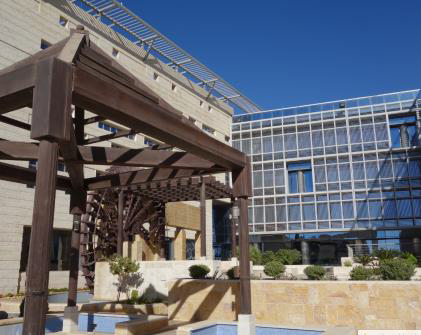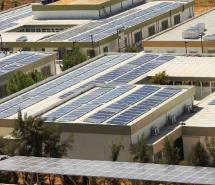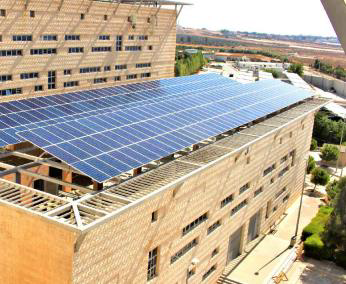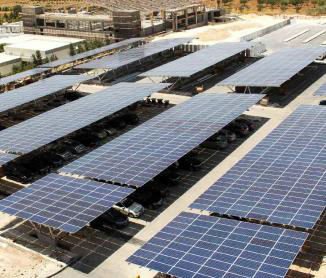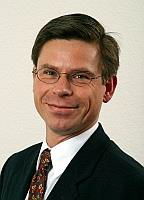Noticias corporativas
2.1 MWp, German-Jordanian University (GJU) Solar Plant near Amman, Jordan
As part of a framework activity of the Deutsche Gesellschaft für Internationale Zusammenarbeit (GIZ) GmbH financed by the German Federal Ministry for the Environment, Nature Conservation and Nuclear Safety in Jordan 8.2 Renewable Energy Experts was asked to support the implementation of a photovoltaic power plant at the campus of the German-Jordanian University near Amman, Jordan.
|
Project Reference
|
In the role of an Owner’s Engineer, 8.2 Renewable Energy Experts did lead the client through all phases of the project implementation. During the EPC selection phase our experts critically reviewed the executive planning as well as the underlying contracts based on pre-defined tender requirements. During the subsequent construction phase 8.2 Renewable Energy Experts monitored the quality and conformity of the installation works. Also, several third-party acceptance tests have been performed in order to support the handover procedures of the PV plant from the EPC contractor to the employer. After the start of the commercial operation our experts supervised the performance of the responsible Operation and Maintenance team and provided a know-how transfer concerning quality assurance of photovoltaic power plants to the technical staff of the university. The final step of the assignment was the analysis of the operational data after the first year of operation. Site Assessment / Technical Concept / PlanningThe installation of a PV plant on an existing building complex requires much more attention regarding the interfaces to the existing facilities in comparison to ground-mounted solar power plants. Also, the existing campus environment requires additional safety measures due to the public accessibility.
Figure: 3D model of PV plant and surrounding university campus 8.2 Renewable Energy Experts met these challenges through the early and open communication with all project stakeholders. This ensured that all technical and non-technical concerns could be addressed adequately. After assessing the project site and its particularities, a detailed 3D model of the several PV generators and the surrounding buildings had been created. The resulting shading simulation had been used to estimate the solar energy production profile at each connection point to the university’s electricity grid. Potential loss factors had been identified and optimisation options for the planning of the plant had been developed and implemented (e.g. the adaption of the module string configuration in parts of the PV generator). Construction Supervision / Acceptance PhaseAlthough the total project size is small compared to utility scale PV projects, it consists of different installation types: Four different mounting methods had been applied in order to enable the implementation of PV modules on flat roofs, on tilted roofs, above a walkway and on different parking areas (carport systems). Therefore, a high diversity of system types had to be considered during the construction supervision. |
|||||
|
Project Reference
|
After the finalisation of the installation a comprehensive acceptance procedure including visual inspections and various on-site measurements had been executed by 8.2 Renewable Energy Experts to approve the quality of the performed works and the commissioned system. A final punch-list had been created to address the few remaining technical issues. Also, the O&M performance had been supervised and approved according to the pre-defined requirements of the underlying contracts. The contractor could even be convinced to accept higher standards/further improvements compared to the initial tender which had been defined prior to activity of our experts. Results and Lessons LearnedThe solar power plant installed within the GJU campus is operated under the net-metering scheme of the Jordanian REEL (Renewable Energy and Efficiency Law) enabling the system owner to reduce its electricity bill based on the production of the plant. As the total electricity costs of the university could be reduced by more than 50% even in the first month after the commissioning of the PV plant, the project fully met its strategic goals. The project as well as its location serves also as a very good basis for an active know-how transfer into the region. However there have been a few challenges during the planning and construction which could have been avoided if an experienced technical advisor would have been introduced from the beginning of the project planning. Such early involvement ensures that strict technical requirements can be defined during the tender phase and location specific ambient conditions (e.g. sand deposition) can be considered in a better way. About 8.2 Renewable Energy Experts8.2 Renewable Energy Experts Hamburg GmbH is part of the 8.2 Group which traces back to 1995. 8.2 Group consists of more than 30 independent engineering offices with over 150 employees; 100 of these are graduated engineers. Solar PV activities accumulate over 4,000 MWp of project references. Contact8.2 Renewable Energy Experts Hamburg
|








